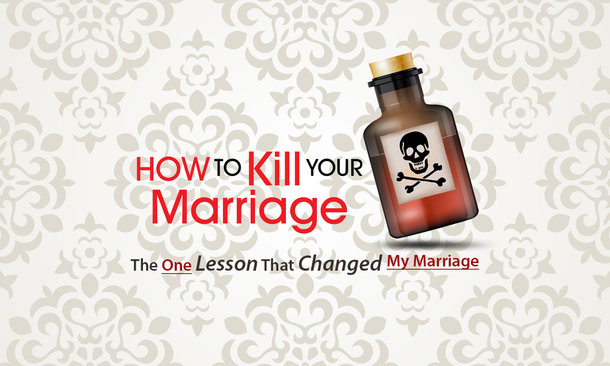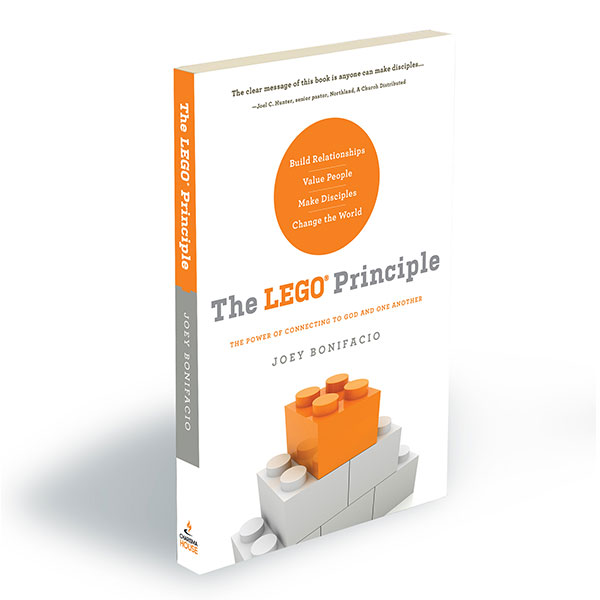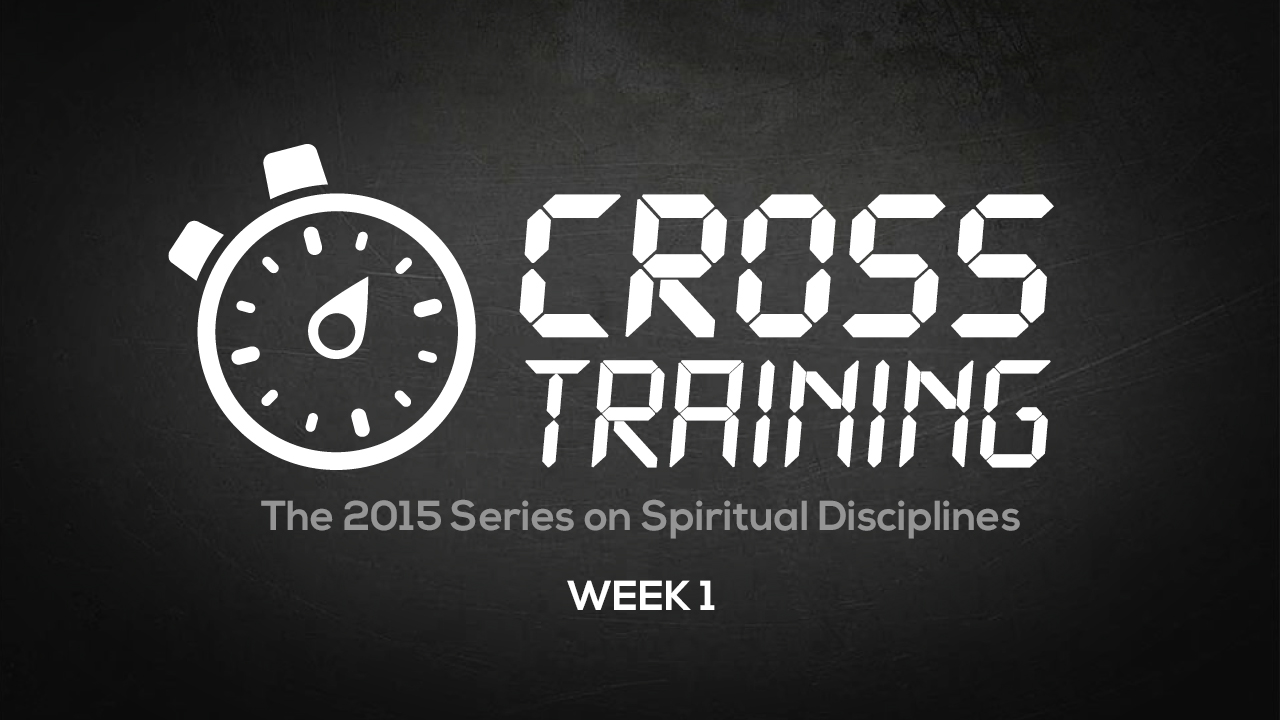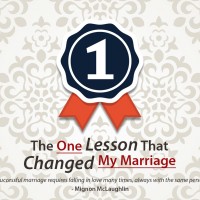How to Kill Your Marriage

There is a saying that goes “not forgiving is like drinking poison and expecting the other person to die.” This is true for all relationships, most especially marriage. For nothing kills a marriage faster than an unforgiving spouse. This is the first of a four-part series on forgiveness.
Forgiveness is one of the main tenets of the Gospel. Can you imagine what life would be like if we were never forgiven? Or can you imagine a world that does not understand forgiveness?
The best place to learn forgiveness is in our marriages. Why? Because the proximity between spouses is so close that the probability of offending each other is greatly multiplied in marriage.
The Consequences
Unforgiveness in a relationship is catastrophic and could only lead to dire consequences. The primary consequence of being unforgiven is to live in guilt, fear and accusation. And that’s never healthy in a marriage. But the more serious consequence lies in the heart of the person who has not forgiven.
The Bible says, “the root of bitterness causes trouble and defiles many” (Hebrew 12: 15). Bitterness fills the day of an unforgiving person. Unforgiveness is like tying yourself to the person/s you have not yet forgiven and allowing every activity they do (whether positive or negative) to affect you. Hence, we are never released and rested until we forgive.
Yet the worst description of unforgiveness, as mentioned earlier, likens it to drinking poison while expecting the other person to die; when in reality we are the ones being progressively killed. Unforgiveness is tiring, burdensome and even deadly.
The Reset Button
Sometimes marriage is like a computer that has hung from several internal malfunctions. You need a reset button in order reboot and restore it back to normal. Forgiveness is a marriage’s reset button. It is God’s provision for restoring relationships.
As we have seen in the earlier chapters of this series, trust is the foundation of all relationships. Without it, our relationships will not have a leg to stand on. However, no matter how truthful or reliable we try to be, the fact remains that we cannot and will never be 100% trustworthy on our own. We are still human after all. And while that’s no excuse, we must strive to be worthy of trust. This is where forgiveness comes in.
Forgiveness is only thing that can reset our relationships when they fail. It cleans a slate that has been tainted with failure and allows us to move on, reengage and grow in our relationship.
Humbling and Liberating
Forgiveness, especially among spouses, is both a humbling and liberating experience. The one who has been forgiven requires humility to acknowledge their wrongs and in turn, they receive freedom from their past mistakes. On the other hand, the one who forgives should be humble enough to accept that they too will one day be at the receiving end of forgiveness. They also become liberated from all possible bitterness and resentment towards their spouse.
Humility and freedom are essential in sustaining the life of a marriage. Forgiveness is the key to achieving both.
To be continued…
Read related articles:
Love Strained
The Love Fruit
The One Lesson that Changed my Christmas
Why We Keep Watching Love Stories
Love and a Warm Heart
Love is not a Verb
How to trust in Troubled Waters
The Truth about Bad Breath
The True North of Trust
The One Lesson That Changed My Marriage
How to Turn the One Lesson Into Reality
The Risk and Responsibility of Trust
The History of Trust
My Comments Policy
While my site offers visitors the ability to converse, I have a few ground rules so that our conversations will remain civil and courteous.
1. You must register in order to leave a comment. I don’t entertain pseudo, anonymous or bogus individuals. This site is my home (it has a Home Page, get it). I don’t let strangers who don’t introduce themselves into my home.
2. I love questions. I love them because a lot of times they are similar to someone else’s questions and can even trigger other questions from others. Questions also keep us all sharp. This is also why I respond to them as best as I can and at the soonest possible time. I believe that group answering benefits more people than private email exchanges.
3. We don’t have to agree. Debates are welcome. However, whether it is with me or any other visitors of my site, my rule is this: disagree if you must but keep things civil. That’s just how I run my home, and you are a visitor here. No shouting; I have seen it done in writing. No cursing and no insulting.
4. I reserve the right to delete your comments. Like I said, this is my home. I do not have an obligation to publish your comments. As a human being, you may enjoy the freedom to express your opinions on your own site but not on mine. To be specific, I will delete your comments if you post content that is in my sole opinion: (a) snarky; (b) off-topic; (c) libelous, defamatory, abusive, harassing, threatening, profane, pornographic, offensive, false, misleading, or which otherwise violates or encourages others to violate my sense of decorum, civility or any law, including intellectual property laws; or (d) “spam,” i.e. an attempt to advertise, solicit, or otherwise promote goods and services. You may, however, post a link to your site or your most recent blog entry.
5. You retain ownership of your comments. I do not own them and I expressly disclaim any and all liability that may result from them. By commenting on my site, you agree that you retain all ownership rights in what you post here and that you will relieve me from any and all liability that may result from those posts.
6. You grant me the license to post your comments. This license is worldwide, irrevocable, non-exclusive, and royalty-free. By posting comments on my site, you automatically grant me the right to store, use, transmit, display, publish, reproduce, and distribute your comments in any format, including but not limited to a blog, in a book, video, or presentation.
In short, my goal is to host interesting conversations with caring, honest, and respectful people. I believe this clear and simple comments policy will facilitate this.


































